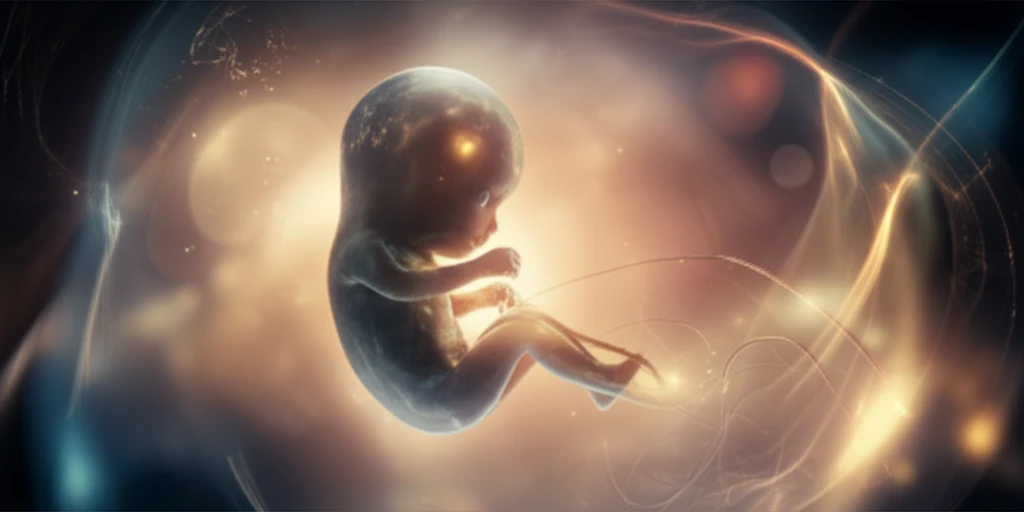
Frozen Embryos: Adoption as a Hope for Life?
"Exploring the ethics, legality, and emotional considerations of embryo donation and adoption as a solution for surplus frozen embryos."
The rapid advancement of technology in the last half-century has brought about unprecedented scientific capabilities, particularly in the realm of reproductive technologies. Procedures like in vitro fertilization (IVF) have become commonplace, yet they often result in a surplus of frozen embryos. This surplus raises profound ethical, legal, and moral questions that require careful consideration.
Bioethics has emerged as a crucial discipline to navigate these complex issues, aiming to improve the quality of life amid technological advancements. Bioethics addresses ethical dilemmas arising from biological and medical sciences, especially concerning human intervention in birth and death processes. Central to this field is finding a balance between scientific progress and the preservation of human dignity.
One of the significant challenges in bioethics today involves the accumulation of frozen embryos following assisted reproductive techniques. What should be done with these embryos? This question encompasses ethical, bioethical, legal, philosophical, and religious perspectives. This article explores the possibility of donating and adopting these embryos, viewing it as a means to protect and give them an opportunity for life.
Embryo Donation and Adoption: A Viable Solution?

The divergence in scientific and ethical views regarding the status and moral consideration of frozen embryos is a complex issue. Different fields, including biology, religion, law, and bioethics, define the beginning of life based on their unique methodologies and perspectives. This divergence makes it challenging to reach a consensus on how to treat surplus frozen embryos.
- Donating embryos to research: This option allows for scientific advancement and potential breakthroughs in understanding human development and disease.
- Thawing and discarding embryos: This is often seen as the least desirable option due to ethical concerns about destroying potential life.
- Donating embryos for adoption: This option provides an opportunity for embryos to be implanted in women who are unable to conceive naturally, offering them a chance to experience pregnancy and motherhood.
A Path Forward: Balancing Ethics and Hope
The decision of what to do with surplus frozen embryos remains a deeply personal and ethically fraught one. There are many considerations when trying to balance science with the emotional and ethical concerns of all parties involved.
Embryo donation and adoption represents a hopeful avenue for those seeking to create a family and provide a chance at life for these embryos. While potential adoptive parents may harbor some reservations—especially surrounding disclosure to the child about their origins—these concerns can be addressed through open communication and support.
As we navigate the complexities surrounding reproductive technologies, it's essential to approach these issues with compassion, respect, and a commitment to upholding the dignity of all involved. By embracing innovative solutions like embryo donation and adoption, we can strive to honor the potential for life and fulfill the dreams of parenthood for those who long to create a family.
